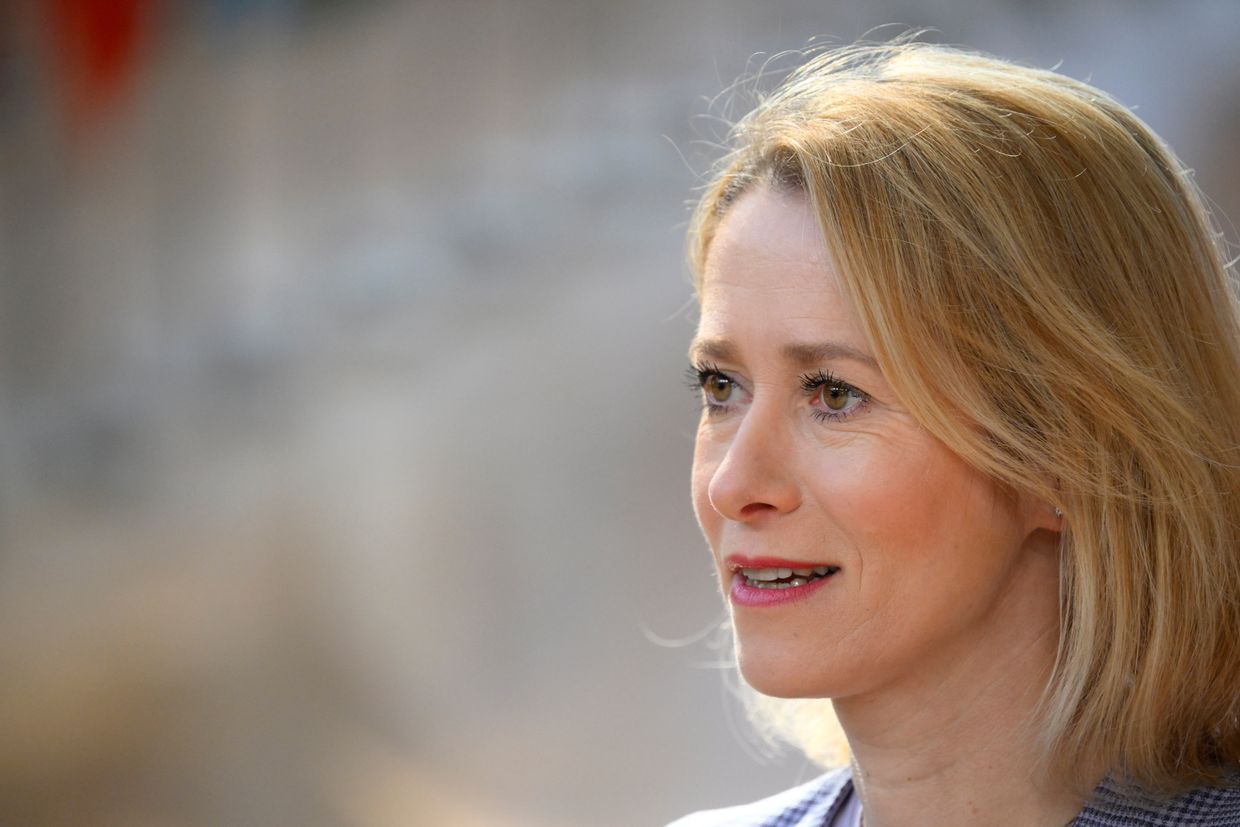EU should keep frozen Russian assets until reparations paid even if US returns funds, commissioner says

The European Union shouldn't return frozen assets to Russia unless Moscow pays reparations to Ukraine even if the U.S. withdraws from the G7 initiative, EU Economy and Trade Commissioner Valdis Dombrovskis said on March 20 in Kyiv.
"G7 decision that those assets are not going back to Russia unless Russia pays for its damages is something which is already decided. And it's important to stick with this decision," Dombrovskis told journalists.
"I think that provides important leverage with Russia."
The statement comes after U.S. President Donald Trump's U-turn in Ukraine and EU policy. Amid Trump's effort to end Russia's war in Ukraine, the potential easing of sanctions against Russia has been discussed as a possible step.
Dombrovskis said that if the U.S. decides to unilaterally withdraw from some of the sanctions imposed on Russia, "it does not mean that the EU has to automatically follow this."
Western nations froze around $300 billion in Russian assets after Moscow launched its full-scale invasion of Ukraine in February 2022, with roughly two-thirds held in Europe.
In October 2024, the Group of Seven (G7) agreed to provide Ukraine with nearly $50 billion in loans backed by the revenue generated from frozen Russian assets. While Ukraine has received loans backed by the interest earned from these assets, Kyiv has repeatedly called for full confiscation to fund its defense and reconstruction.
The West has so far been divided about whether to confiscate the assets and hand them over to Ukraine.
In its statement issued during the EU summit in Brussels on March 20, the European Council reiterated, citing the EU law, that Russia’s assets "should remain immobilized" until Russia ceases its war of aggression against Ukraine and compensates it for the damage caused by this war.
The EU Council also said it is ready to step up pressure on Moscow, including through further sanctions.














